in order that I may learn how to do it."
~Pablo Picasso
I just thought I'd offer a few thoughts on learning from home that I've had while observing others wrestling with the new reality that has been thrust upon them this year.
-First of all...you are capable. You are smart. Your child will learn this year...and probably lots of things that they couldn't have learned in the classroom.
-You don't need lots of new stuff. I've seen pages of amazon recommendations + lengthy school desk inspiration out there...that's all unnecessary. We spent way less on school supplies for at home learning than we did on the school's back-to-school supply lists. We bought a few new things just for fun, but didn't need a bunch of stuff. You don't need plastic unit blocks to teach math skills. One piece of paper cut into the appropriate shapes will work just as well.
-Do (+ finish) the hardest subjects first. For us, that was always math.
-Every subject doesn't have to happen every day. We did math every day, but science + history on alternating days for longer time periods. This way they can get more deeply into a subject, rather than breaking away just as the learning kicks in.
-Take advantage of one-on-one learning. It can be so much more effective than classroom learning. No tangents. No waiting for everyone to sit down or quiet down or catch up. No shyness about asking the questions that are meaningful to them (encourage that).
-My intention is not to try to influence anyone away from being tethered to the school's resources, but I will say that homeschool resources are designed for at home learning. Science experiments often use the kitchen as the laboratory. In middle school + high school, the textbooks are designed for student led learning. Kits of microscope slides + chemistry experiments are available. Math books are designed for us, as parents, to track alongside our children...no prep time is needed...we just read through the lesson with our child, work through practice problems with them + then know the methods that are being utilized in the day's lesson. Each assignment (in the curriculum we chose) has problems from previous lessons in order to facilitate knowledge retention + the lesson number is listed beside each problem for easy referral (by student + parent).
-I personally feel that choosing homeschooling for a year will not disrupt your child's tracking with the neighborhood school's system...especially during this year of global educational upheaval. Our girls were able to go in + out of school (even in a different country), because we chose rigorous homeschool curricula.
-At home learning teaches personal discipline, time management skills, provides time for individuals to come to answers without peers blurting it out first, promotes self-learning, increases reading + comprehension skills (because this is a primary mode of learning as they get older). Students can benefit from these lessons this year.
-At the beginning of each school year my two girls + I would sit down together + make a contract that we would all sign + post somewhere prominent. Setting some ground rules for respect + commitment toward hard work helped hold us all accountable.
-Make a schedule...one that includes breaks. Both of my girls wanted to blow through school in one go, because then their time was their own. There always came a point, however, when frustration set in. We need that time between classes for recess, to walk down the hall, chat with friends, blow off steam, reset. When one daughter was older, we bought a few warm drinks that she liked so that she could finish a certain subject + then get up + make a drink. It was a way to step away for a minute + reset before sitting down again (with that warm drink).
-Be flexible. Check in with your student + make adjustments. I don't know how this will work with distance learning + teachers who aren't actually in the room with students. I'd hope that there is a venue for being in conversation with teachers.
-Prioritize reading. Let them check out as many books as they want from the library (or five at a time in order to facilitate keeping track of them). :)
-Infuse their studies with things they +/or you find exciting or intriguing. Sharing our passions (even if they are not our student's) shows them that learning can inspire excitement + lifelong joy...what an incredible gift. Our history curriculum allowed space for a student to question + veer off track to answer those questions. I love that. Make space for shop class or art class or robotics or...whatever interest arrises. One of my main goals is to make lifelong learners out of my girls.
-Take time to step back + see the big picture. This is one semester...one year in your child's life. What opportunities can you take this year? What could this experience add to their childhood or adolescence?
OK. I meant to keep this short + as succinctly meaningful as possible. I'm not sure I did either of those things, but I love this topic. It has been my unintended, but pleasurable work for a lot of years now. Please feel free to reach out. I would love to chat with you. Comments don't automatically post publicly, so if you'd rather keep it private just let me know. I am cheering all of you amazing parents on! Our children are not just our future, they are our incredible now!
Lots of love,
Jane
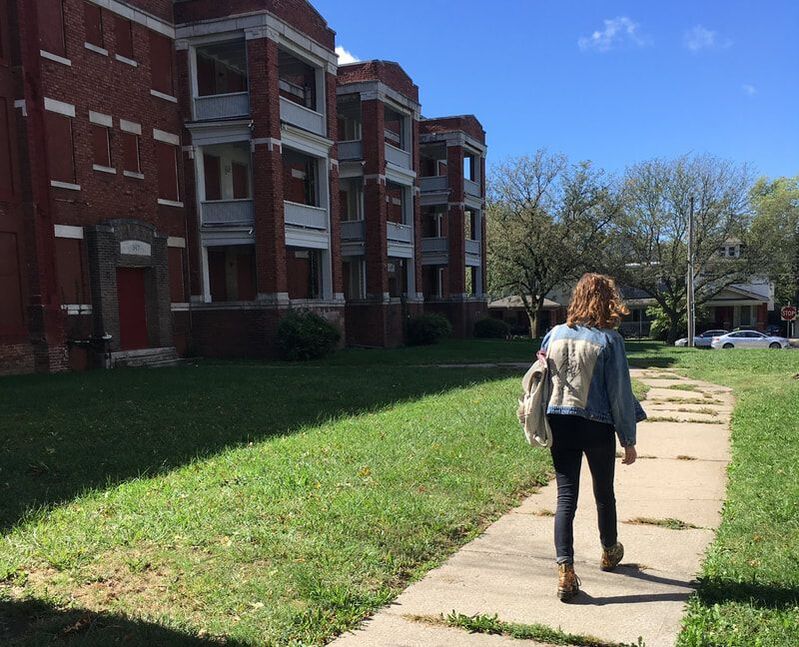
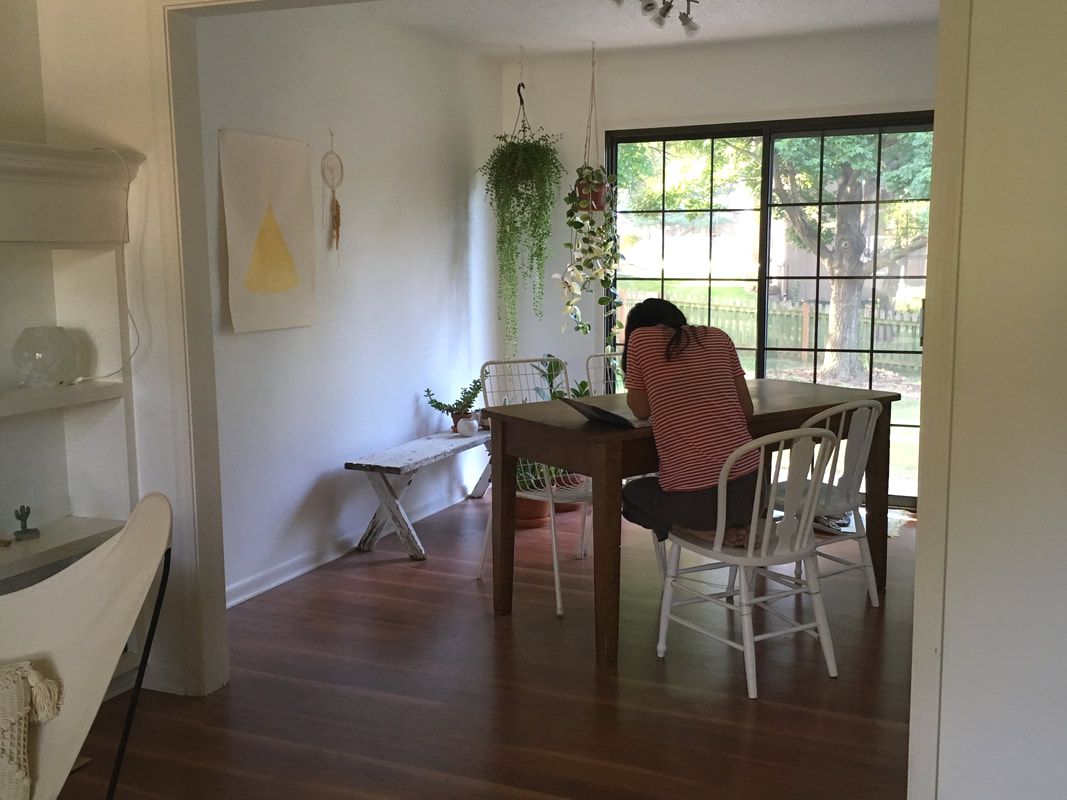
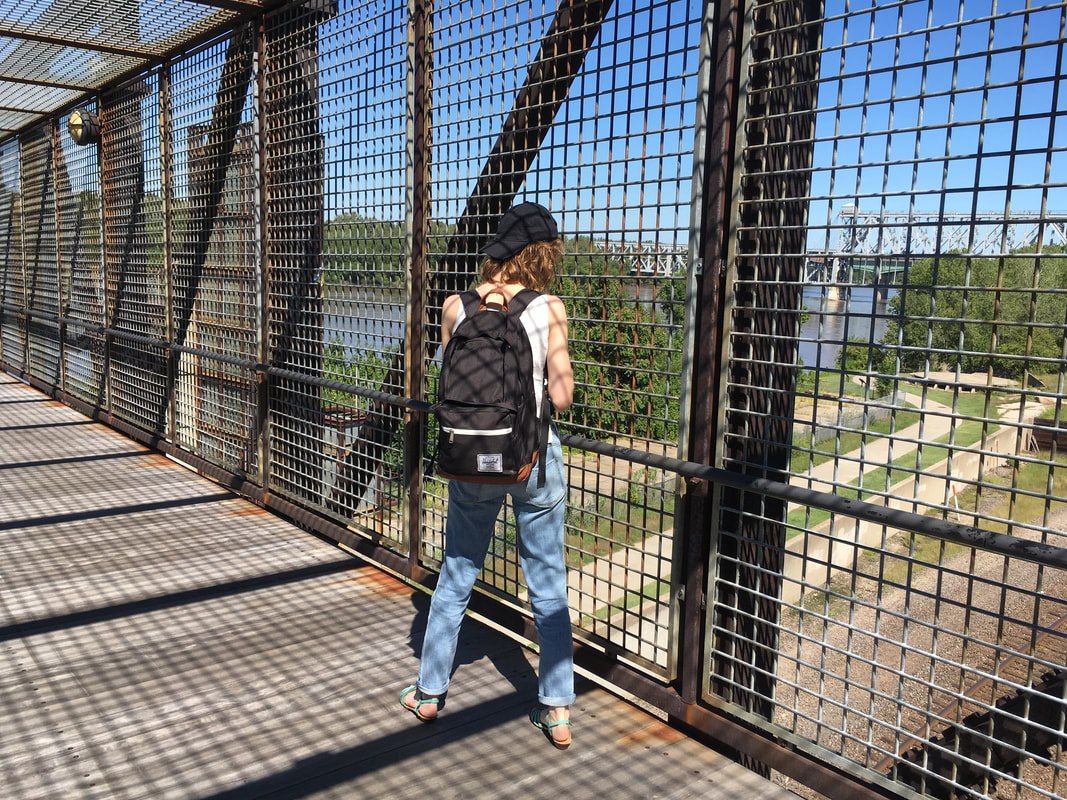
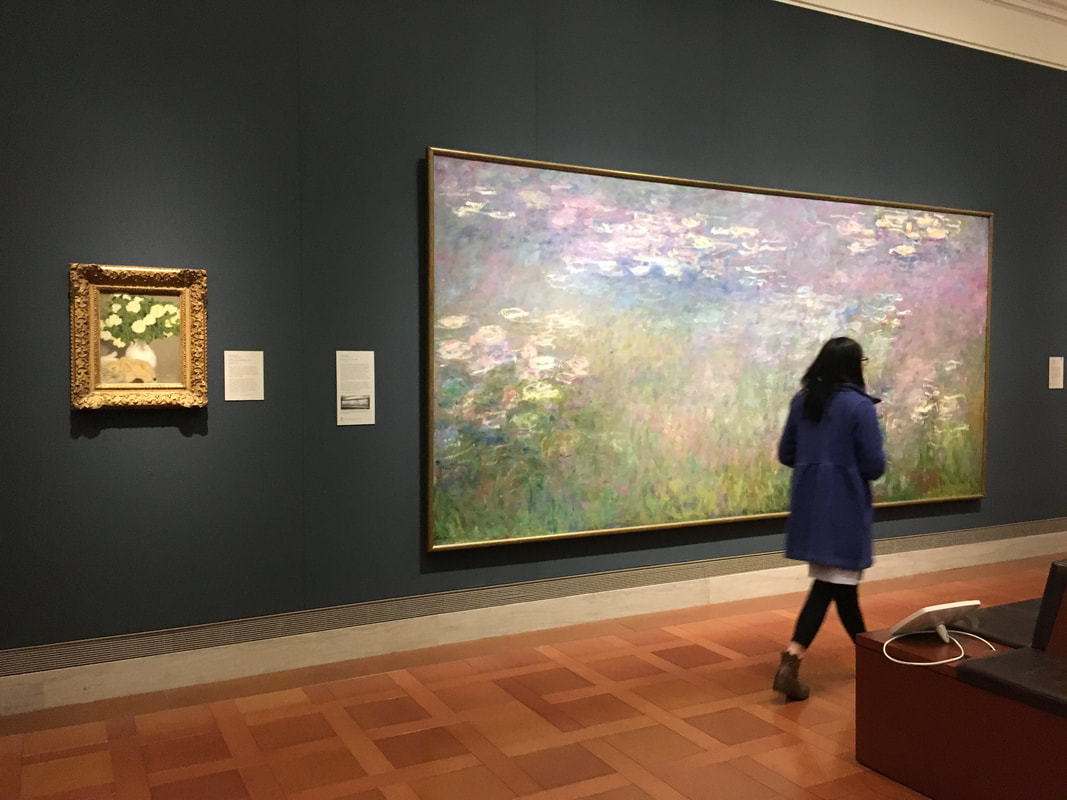


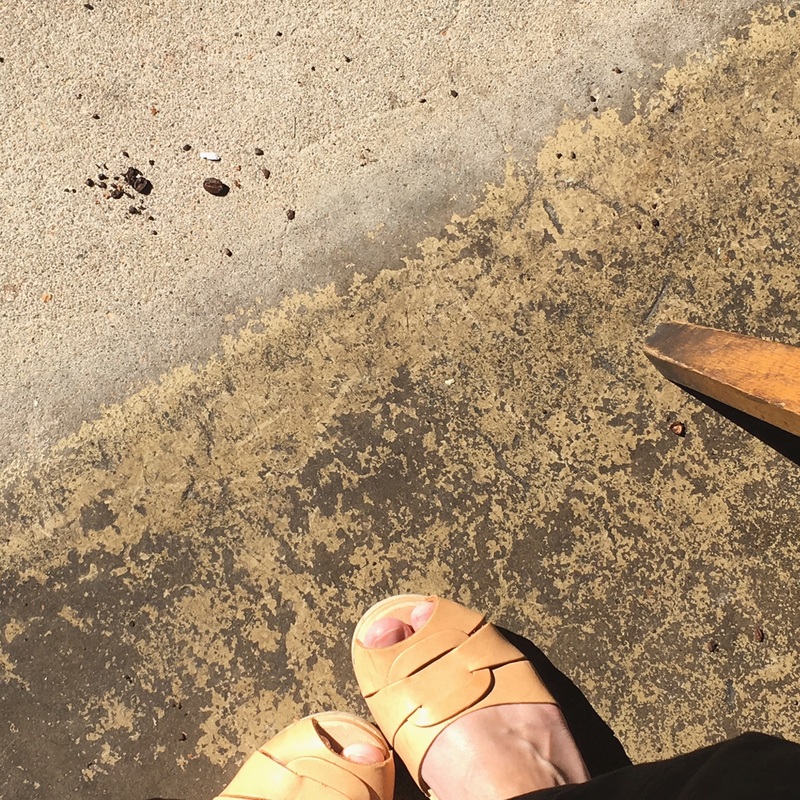
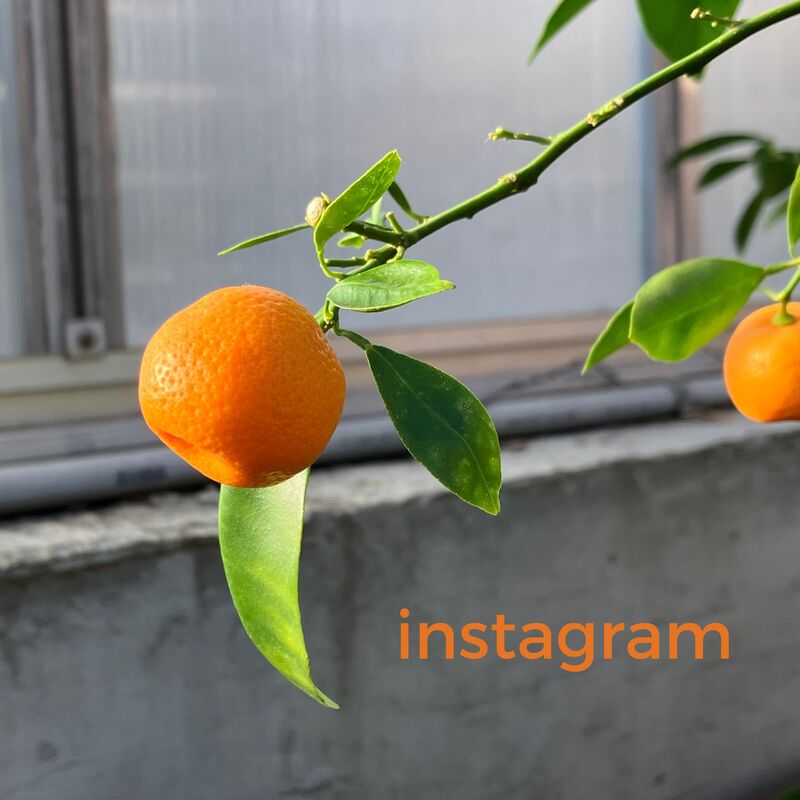

 RSS Feed
RSS Feed